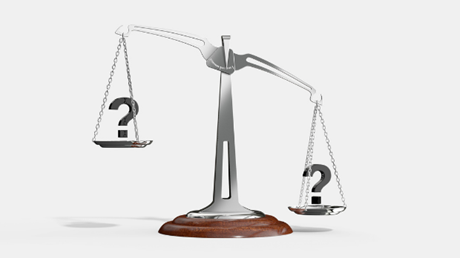When sexual freedom conflicts with religious freedom, who will take precedent?

H. R. 5, known as “The Equality Act,” was introduced in the United States Senate Judiciary Committee last week. The legislation would amend the Civil Rights Act of 1964 to prohibit discrimination on the basis of sexual orientation and gender identity in employment, housing, public accommodations, public education, federal funding, the credit system, and jury duty. H. R. 5 seeks to create a new protected class for people experiencing same-sex attraction or gender discordance from discrimination of any kind. At the heart of this effort is an attempt to dismiss ontological sexual differences as unimportant by redefining gender as only a matter of social construct.
The Equality Act, which has an appealing name, does not actually support equality for everyone. To the contrary, it targets people of faith for whom human sexuality is not merely a matter of personal opinion. Several advocates for The Equality Act claim that the proposal allows both sexual freedom and religious freedom to coexist, doing so by understanding faith primarily, if not entirely, as a private expression in one’s heart. Under this law, religious faith is limited to a narrow, personal, subjective, and privatized understanding of faith. For years, the brilliant sociologist Peter Berger insightfully and prophetically reminded us of the trends in our culture not only toward secularization and pluralization, but toward the privatization of faith.
Fellow citizens who hold positions of religious faith, however, understand that one’s faith is both objective and subjective, vertical and horizontal, as well as personal and communal. Faith possesses certain public dimensions that should not be outlawed simply because of changes in a public opinion ...
from Christianity Today Magazine
via




.gif)

.gif)
.gif)
